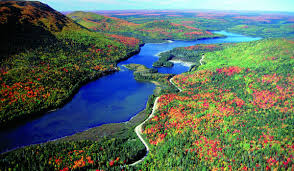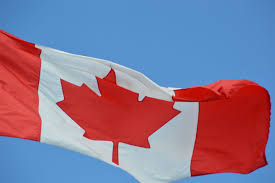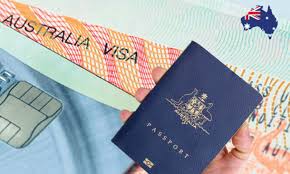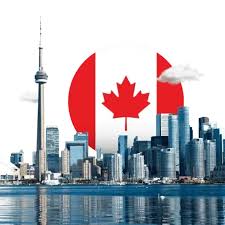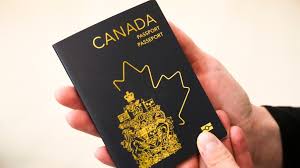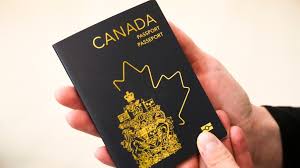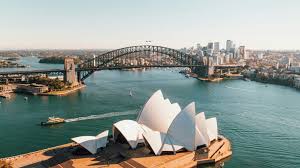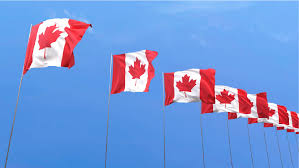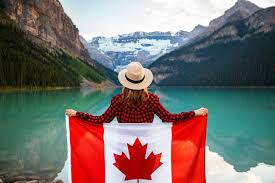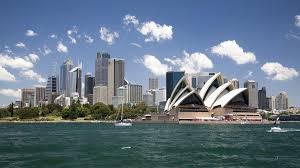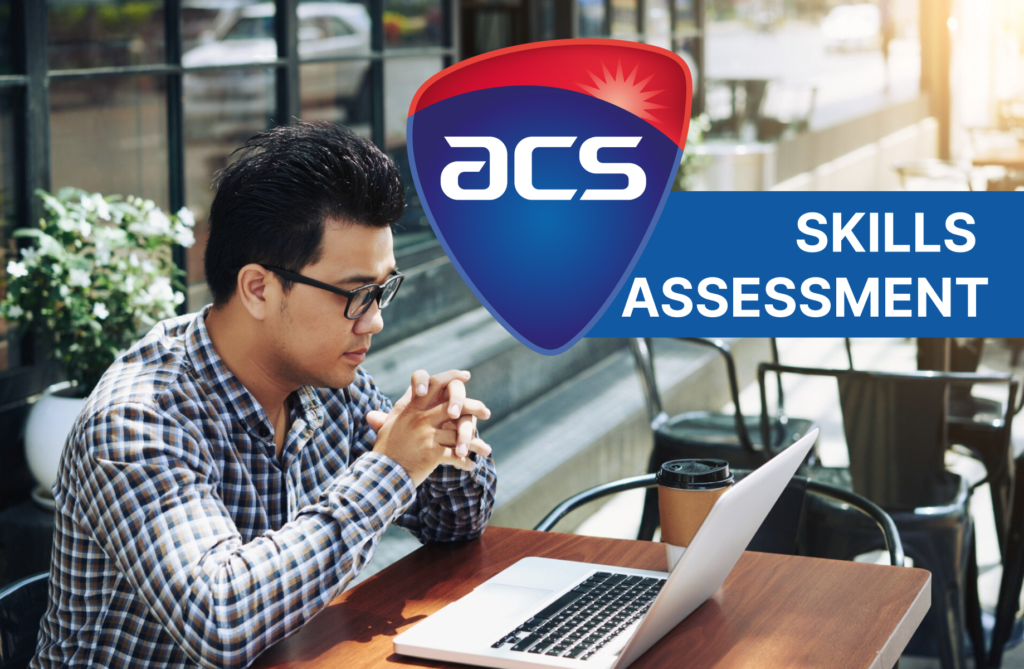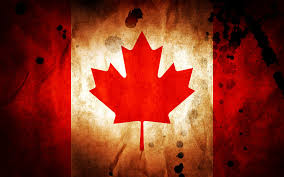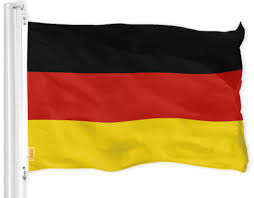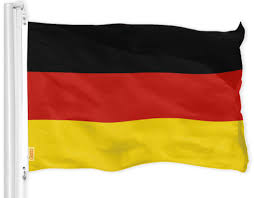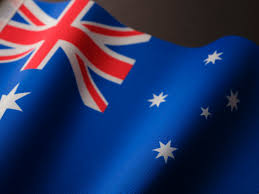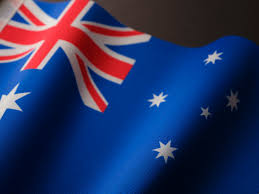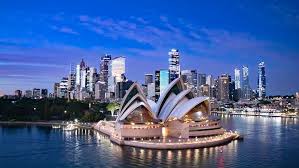U.S. Tourist Visa (B1/B2)

U.S. Tourist Visa (B1/B2)
U.S. Tourist Visa (B1/B2):
The B1/B2 visa is a nonimmigrant visa allowing temporary travel to the
U.S. for tourism, visiting family/friends, medical treatment, business
meetings, attending seminars, official visit or leisure typically up to six
months per entry. The visa itself is usually valid for up to 10 years with
multiple entries, though duration varies by nationality.
Eligibility Criteria:
To qualify, you must demonstrate:
Temporary intent: a clear plan to leave the U.S. after your stay
Strong ties to your home country: employment, property, family, or social
obligations.
Sufficient funds to cover your U.S. stay (bank statements, income
evidence).
Valid passport, issued within the last 10 years with at least six months
validity remaining beyond travel dates.
Dual intent (i.e. intention to immigrate) is not permitted under B1/B2.Any
indication of trying to stay permanently could lead to denial or future
restrictions.
Application Process:
Here’s what you need to do:
Complete DS160 online via the CEAC portal and print the confirmation
page.
Pay the nonrefundable visa application fee (~USD?185/INR??16,100).
Some nationalities also pay additional reciprocity fees.
Schedule two appointments:
VAC/Biometric appointment: Photo and fingerprints.
Consular interview appointment: In person (ages 14–79).
Prepare documents such as:
DS160 confirmation & fee receipt.
Passport photo (per specifications).
Proof of travel plans, accommodation, finances, ties to home country.
Employment letter, ITR, bank statements, invitation letter (if applicable).
Attend your interview answer truthfully, confidently, and clearly about
your travel plans.
Wait for processing: typically, 5–10 business days post-interview,overall
2–6 weeks. Allow for potential delays, especially during peak seasons.
Fees & Additional Costs
Visa application fee: USD?185 (~?16,100) – non-refundable.
Biometric fee (some sources mention around USD?85).
Issuance/reciprocity fee: varies by nationality (check official State
Department tables).
PostApproval & Arrival:
Remember, having a B1/B2 visa does not guarantee U.S. entry.
Customs and Border Protection officers will verify your intentions,ask
about finances, travel arrangements, and onward plans.
It’s wise to
Passport with visa
Return/onward ticket
Financial documents
Travel itinerary
Proof of accommodation
Employment or family ties documentation
Medical records if visiting for treatment
Important Update: Visa Bond Pilot Program
Starting August 20, 2025, the U.S. State Department will launch a 12-
month pilot program.Under this program, applicants from certain
“highrisk” countries may be required to post a refundable bond of
USD?5,000, 10,000, or 15,000 during B1/B2 visa processing. Those
exempt include countries in the Visa Waiver Program.
Initial affected countries include Zambia and Malawi, with more to be
announced.
Bond amounts are decided by consular officers and refunded if visa
terms are followed.
Entry/exit may be restricted to designated U.S. airports (e.g. JFK, Dulles,
Boston Logan) for bondposting travelers.
A separate USD?250 “visa integrity” fee may also be introduced later in
2025.
If you’re applying from India, monitor announcements, though India is
not yet listed among affected countries.
Indian Applicant Summary:
Step | Timeline | Costs (USD/INR) |
DS160 Form | ~2-3 days | Free |
Application Fee | As soon as applied | USD?185 (~?16,100) |
Biometrics + Interview | Within weeks | Part of the process |
Processing | ~5–10 business days | — |
Possible Bond (if affected country) | If policy applies | USD 5k–15k + possible USD 250 fee |
Slots for interviews in India remain highly competitive—waiting times
Slots for interviews in India remain highly competitive waiting times
may now extend to 14–15 months in many consulates.And note:slot
rescheduling is now limited to just one change per applicant.
What You Should Do Next?
Begin DS160 well in advance.
Book VAC and consulate slots as early as possible.
Gather all supporting documentation -financial, employment, travel
itinerary.
Watch for updates on the bond program affecting Indian nationals (likely
Mid August).
Avoid booking non-refundable travel before visa approval.
Prepare thoroughly for the interview clear explanations and credible ties
to India are key.
Let me know if you’d like help reviewing your documents, potential
interview questions, or specific consulate appointment guidance.

























